Space
Where can I find information about space?
(Years 5-8)
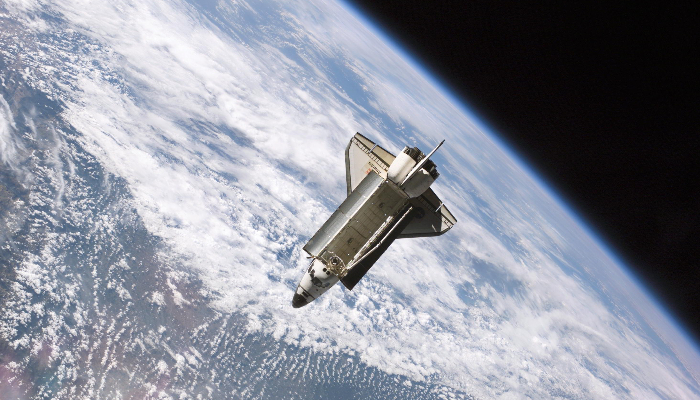
Image: STS115 Atlantis undock ISS edit2 by NASA on Wikimedia Commons.
Entry last updated: 10/07/25
Introduction
Space, or outer space, is the area outside our planet Earth's atmosphere. People have always been interested in the stars in our night sky, asking - what is out there! This question led us to develop technology (new tools) to help us study, and even visit space. As far as we know space has no end, it goes on forever, so there is a lot to learn about it.
Facts and Pictures
The following websites provide good information about space. They also include some great pictures —some taken using telescopes in observatories, some from satellites, and some created by science artists that show what we think something might look like, even though we can't see it yet!
NASA (National Aeronautics and Space Administration) is an American organisation which is recognised as one of the most reliable sources of information about space. They have lots of information for every level, and even have some games to play.
Look down the page to find activities like Build your own moon and games like Roman space observer.
A little further down there are videos to watch, topics to explore and articles to read.
Tips: Website addresses (URLs) can hint at how reliable the site is. Look for URLs that include .gov or .edu. These are quality sites from overseas government or education organisations.
ESA is like NASA, but covers Europe's space research. You will find lots of information here, from comets and meteors, to living in space.
Select the Learn tab and then choose from a range of topics like What is Gravity? and Stars.
Other tabs to select are News, Things to do and Multimedia. Each of the tabs has further links to articles, videos and activities.
Tips: Many web pages have links to further information or to other recommended sites. Following these links is a great way to find out more.
This is a website supported by NASA, and has more simple information than the two websites above. It has answers to lots of questions about space, including questions about life on other planets, and terminology (special words) to do with space.
Look down the page until you see the information or question you're looking for eg Why do astronauts need spacesuits?
You can also watch videos from the list on the right of the page. Try How can we see a black hole?
Tips: If you're not sure what a word means, try using Google as a dictionary. Just put 'define' in front of the word and then search eg define nebula.
Articles and Videos
Thanks to spacecraft and powerful telescopes we can now observe and measure things in space and the universe more closely. Try these websites for more detailed information about this topic.
The BBC is one of the most trusted sites for all sorts of information about the world. BBC World Service — Space has videos and podcasts about space and space flights.
Look through the results to find something.
Videos will have a play button eg 13 facts you should know about Apollo 11.
The speaker symbol means it's something you can listen to.
Another good place to look for scientific information is EPIC — a collection of reliable databases covering lots of different topics, and it's put together especially for New Zealand school students. You may need a password from your school or local library to access it.
This database includes a wide range of topics such as animals, arts, science, technology and more.
Go to Science from the main page, then find Space and Astronomy.
Select any of the planets, or other topics space topics like Satellites, Meteors, and Solar System.
You will find lots of articles, images and videos for each topic.
Tips: To use the EPIC resources, you need a password from your school librarian. Or chat with one of our AnyQuestions librarians to help you online. Some EPIC databases may also be available through your public library.
This is another EPIC resource, so we know it's reliable. Britannica School is an online version of the Encyclopedia Britannica.
Search using keywords such as 'galaxy' or 'black hole'.
Choose an article eg galaxy.
You can change the Reading Level to get more information.
Books
There are many great books about space, the different features of space, and about our exploration of space! Here are some recommended titles to look for at your local or school library.
The Goldilocks zone: real facts about outerspace by Drew Sheneman.
Space travel by Jerry Stone.
Space by Louise Spilsbury.
Super space encyclopedia by Clive Gifford.
Space: a visual encyclopedia by Virien Chopra.
Space maps by Lara Albanese.
SCIS no: 1873808
Topics covered
Related content
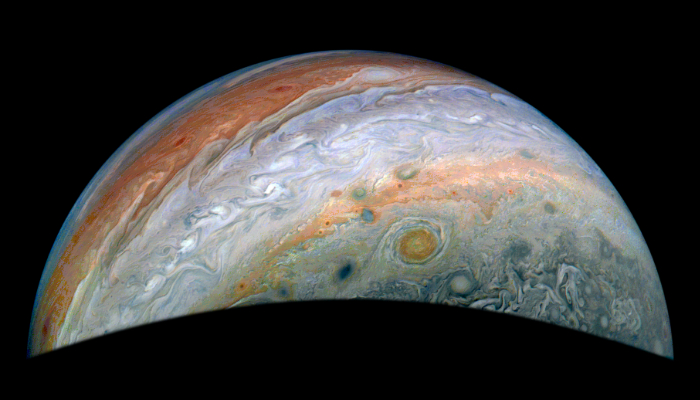
Planets
Where can I find information about the different planets in our solar system?
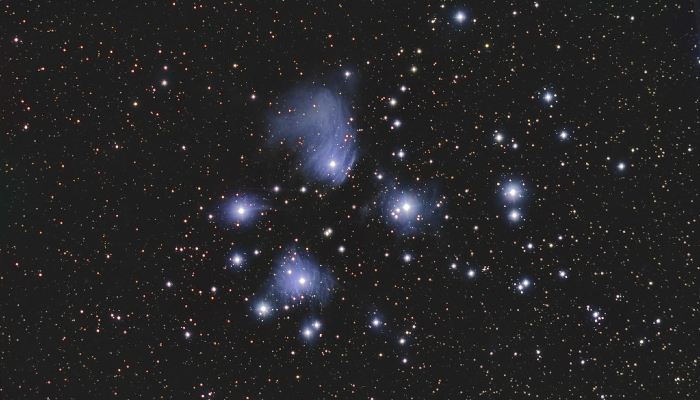
Matariki
Where can I find information about Matariki?
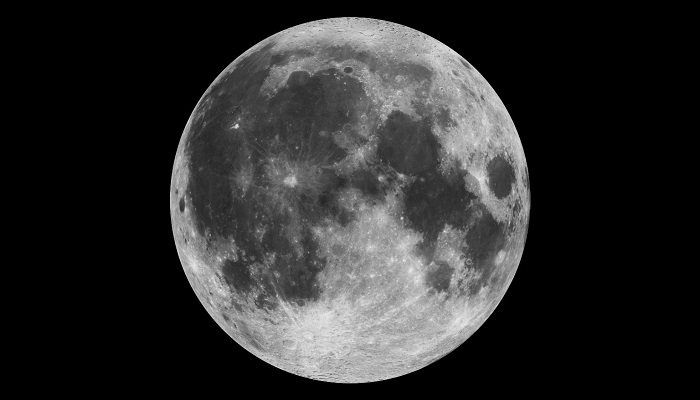
Moon
Where can I find information about the moon?

Space exploration
Where can I find information about space exploration?
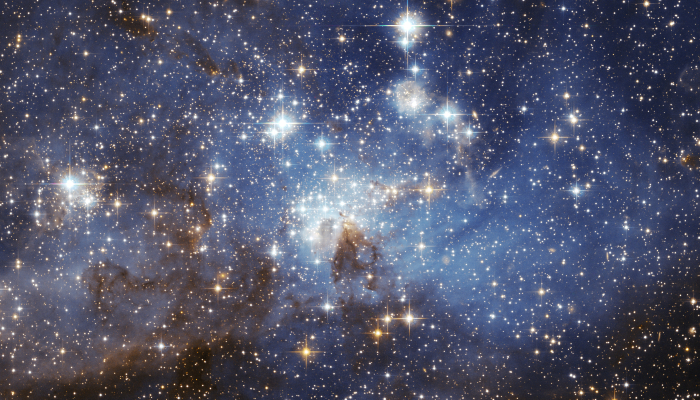
Stars
Where can I find information about stars in space?
